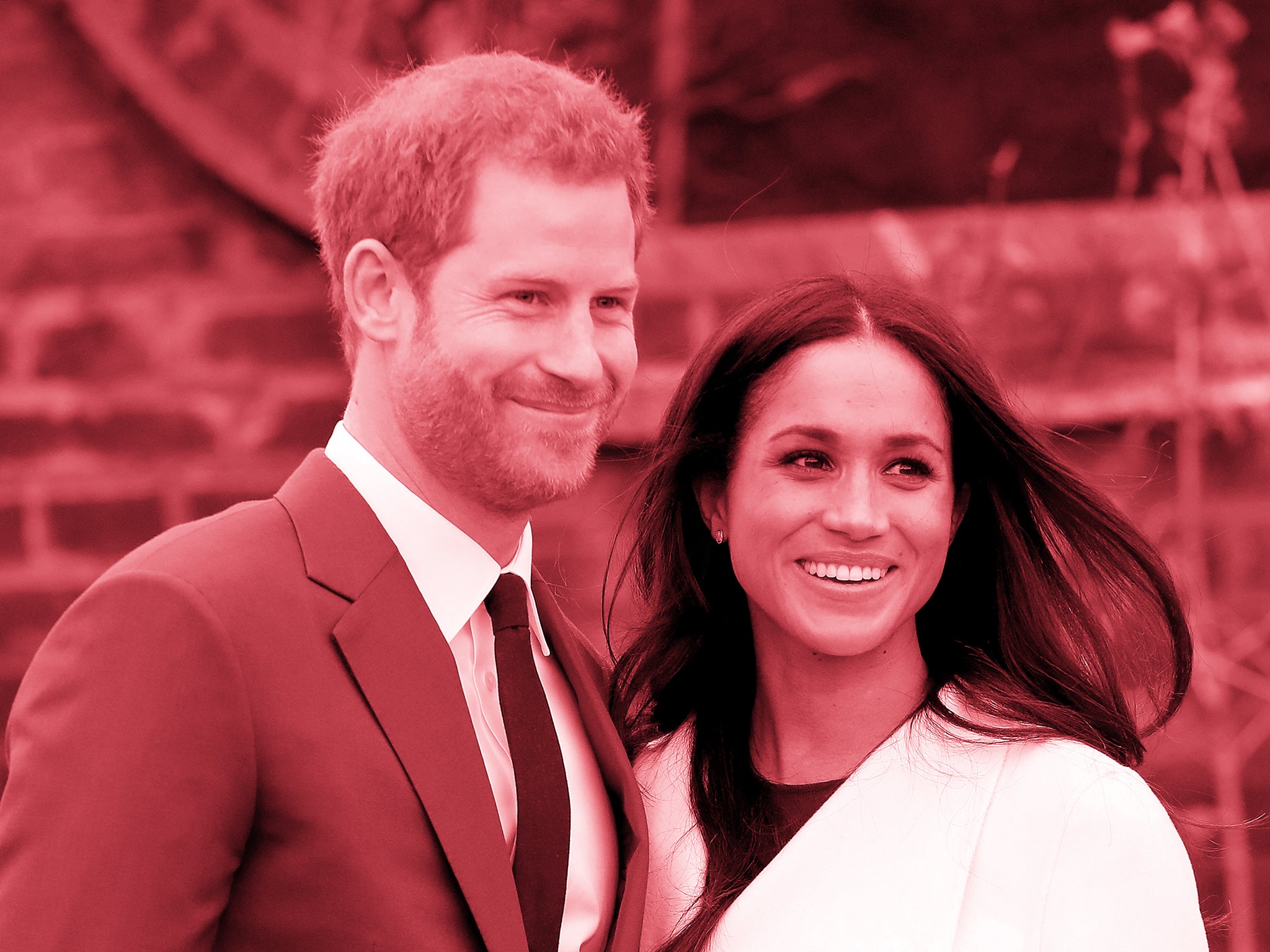As Meghan Markle's father is revealed to have staged pictures ahead of royal wedding, just how real are paparazzi photos?

The images of Meghan Markle’s father reading a book about Britain while having a coffee and getting measured for a wedding suit may look ostensibly mundane and innocuous but subsequent revelations have cast a long shadow over the imminent royal wedding.
While the inherently questionable ethical nature of the phenomenon that is the paparazzi is a well-documented debate, the furore around the internecine machinations of the Markle family have assured a renewed focus on the relative authenticity of the photographs produced by this often maligned section of the modern media industry. In essence, just how real are the pictures they take?
A number of media outlets published images of Thomas Markle Sr getting measured for his wedding suit, while reading a book on British history, working out with weights in a park, and looking up reports about his daughter's wedding in an internet cafe.
They initially appeared to have been taken by a member of the paparazzi without the retired television lighting engineer's knowledge. But the Mail on Sunday later published CCTV footage which purported to showed Mr Markle and the photographer entering the internet cafe together.
The allegations the 74-year-old, who lives in Mexico, cooperated with an LA-based photo agency to stage images of himself getting ready for the wedding have been followed by reports he will not attend the royal wedding at Windsor Castle this Saturday.
Mr Markle told TMZ he suffered a heart attack six days ago, but checked himself out of the hospital so he could attend the wedding. But according to the celebrity site, he has “now decided not to go because he doesn’t want to embarrass the royal family or his daughter”. A later report on the site indicated he had changed his mind once more and now intended to walk her down the aisle.
Prince Harry and Ms Markle have called for "understanding and respect" to be given to the Suits actor’s father “in this difficult situation”.
The images of Mr Markle raise pertinent questions about paparazzi photos in general and what proportion of such images are actually staged.
Jesal Parshotam, a photographer based in London, argues there is a growing number of images which look like they are taken by paparazzi but are actually initiated by the individual who is being photographed.
“Often public figures, celebrities or even politicians stage their own images. Sometimes if they want to promote a certain object or fashion line then they will wear a certain item of clothing so they can be photographed in a good way. It is a very frequent thing," he told The Independent.
“It is very predominant in the reality TV world but Hollywood stars also do it. When reality TV stars are in a new relationship, they will get photos taken of them.
“The main reason is so they can control the images. If you stage photos, it means wider interest in them dies down. It’s about trying to have more autonomy and finding a way for the images to be beneficial for everyone.”
Mr Parshotam said he thinks that while many individuals are duped by staged paparazzi photos and believe they are taken by wholly unconnected paparazzi, others are more discerning.
“If you look at the comments section on images online people will say these are staged, they are working with a photographer,” he said.
“Henri Cartier-Bresson, a French humanist photographer who is seen to be a master of candid photography, believed the only way you can truly capture someone is if it’s truly candid," he added. "In staged photos, they obviously try and make it look as candid as possible.”
Mr Parshotam argued that while some newspapers have taken the angle that Mr Markle was trying to make money, his real motivations could lie in wanting to control his public image.
This view mirrors remarks made by Meghan’s half-sister, who has admitted to arranging the photo shoots of their father but claimed they were motivated by good intentions.
“There’s a lot of scrutiny that it was money motivated, it was not,” Samantha Markle told ITV talk show Loose Women.
She also tweeted that it was her idea for Mr Markle to pose for what she described as "positive photos" in an attempt to counter his "bad" portrayal in the press.
"The bad press over my father doing staged photos is my fault,” she tweeted. "The media was unfairly making him look bad so I suggested he do positive photos for his benefit and the benefit of the royal family. We had no idea he would be taken advantage of. It was not for money."
This echoes the TMZ report which said Mr Markle vented about the fact that at times over the past year he had been ambushed by paparazzo who have taken unflattering pictures and believed the staged photos would alter his public image.
Join our commenting forum
Join thought-provoking conversations, follow other Independent readers and see their replies
Comments
Bookmark popover
Removed from bookmarks